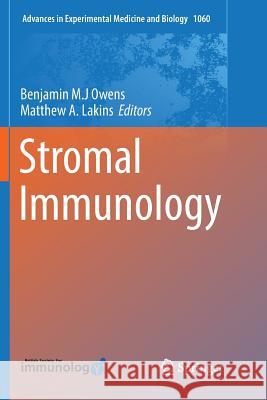Stromal Immunology » książka
topmenu
Stromal Immunology
ISBN-13: 9783030086213 / Angielski / Miękka / 2019 / 151 str.
Kategorie BISAC:
Wydawca:
Springer
Seria wydawnicza:
Język:
Angielski
ISBN-13:
9783030086213
Rok wydania:
2019
Wydanie:
Softcover Repri
Numer serii:
000253056
Ilość stron:
151
Waga:
0.24 kg
Wymiary:
23.39 x 15.6 x 0.91
Oprawa:
Miękka
Wolumenów:
01
Dodatkowe informacje:
Wydanie ilustrowane











